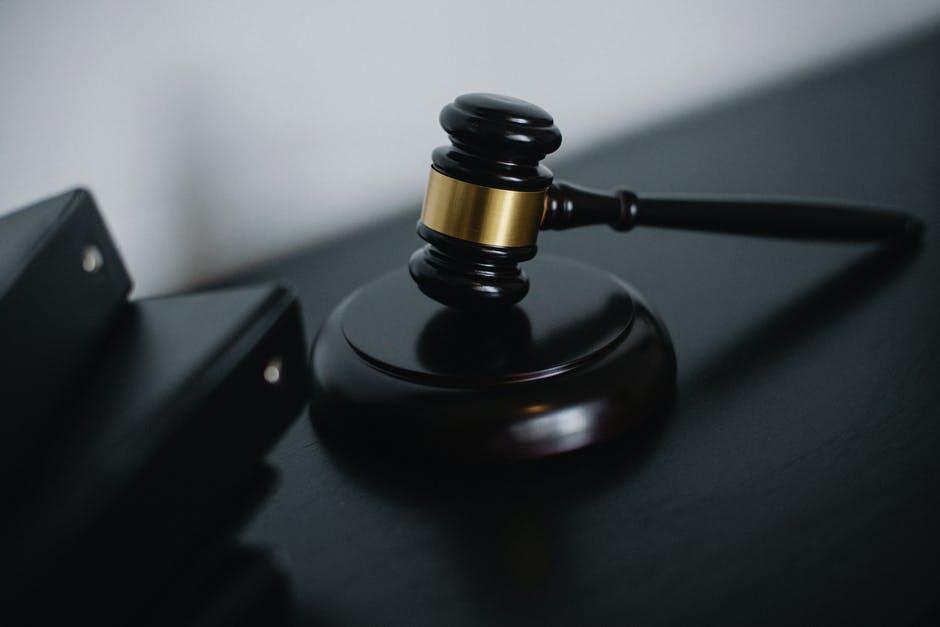Choosing the right business dispute lawyer can feel like a daunting task, especially when you are facing complicated issues in your company. Are you unsure where to start?
Just like picking the perfect partner for a project, selecting a lawyer requires thoughtful consideration and attention to your specific needs.
In this guide, you’ll discover key factors to consider when seeking legal help, tips for evaluating potential candidates, and how to ensure you find the best fit for your business.
Contents
Understanding Your Needs
Before embarking on your search for a legal expert, it’s essential to understand the specific needs of your business. Consider the types of disputes you may encounter, from contract disagreements to regulatory compliance.
Do you need a corporate lawyer for mergers? Or a commercial litigator for lawsuits?
Knowing your priorities helps you find the right lawyer. It narrows your search to those with the needed experience.
Factors to Consider When Choosing a Business Dispute Lawyer
Choosing the right lawyer to handle your business dispute is crucial to ensuring that your case is handled effectively and efficiently. Business disputes can involve complex legal issues, and the right corporate law attorney can help you navigate these challenges. Here are key factors to consider when selecting a business dispute lawyer:
Experience
When looking for a business dispute lawyer, evaluate their experience in handling cases similar to yours. A lawyer with extensive knowledge in contract dispute resolution will have insights into tactics that can facilitate favorable outcomes.
It’s also helpful to inquire about their win-loss record in court. A strong background in business law ensures they can handle your case with skill.
Specialization Matters
Lawsuits can span numerous legal fields. Thus, you want a lawyer who specializes in the type of disputes that your business often encounters.
If you frequently deal with contract issues, look for a lawyer known for their work in that area. This specialization can significantly impact the way your issues are resolved.
Communication Skills
Effective communication is a cornerstone of decent legal representation. Your lawyer should not only provide regular updates about your case but should also be approachable and easy to understand.
If complex legal terms make your head spin, it’s important to have someone who can break them down in a way that makes sense. An open line of communication builds trust. It leads to a healthier attorney-client relationship.
Fee Structures
Understanding the cost of legal services is essential. Lawyers typically have different fee structures.
These include hourly rates, flat fees, and contingency fees. Determine what you can afford, and don’t hesitate to discuss your budget with potential lawyers.
A transparent conversation about fees can help ensure there are no surprises later in the process. Knowing upfront how much you might need to spend allows you to budget appropriately.
Personal Compatibility
Your relationship with your lawyer can last for an extended period, making it essential to find someone you feel comfortable with. Personal compatibility plays a significant role in a successful attorney-client relationship.
Trust your instincts-if you don’t feel a connection with a candidate, it may be necessary to seek someone else. A lawyer should not only be knowledgeable but also someone you can communicate with openly.
Initial Consultations
Taking advantage of initial consultations can benefit you immensely. Most lawyers offer free or low-cost consultations where you can discuss your case and assess their knowledge and approach.
Use this opportunity to ask questions. Ask about their strategies, how they’d handle your case, and their views on business legal representation.
Evaluating Their Strategy
During your consultation, evaluate the lawyer’s approach to handling cases. How do they plan to resolve your issues? Are they focused on negotiation or litigation?
Different lawyers have different styles, and finding one whose method aligns with your needs is essential. Some lawyers might suggest mediation to resolve disputes. Others may advise going to court.
Client-Centered Approach
Look for a lawyer who prioritizes your needs above all else. A client-centered approach indicates that they will work hard to achieve the best possible results for you.
During your meetings, observe how engaged they are with your questions and concerns. An interested lawyer will make time to listen and will actively involve you in decision-making processes.
Understanding the Legal Landscape
The legal environment can impact your case. A good lawyer should stay updated on laws that may affect your business. They should know local laws, federal regulations, and industry trends.
This skill to adapt can greatly improve your legal strategy, especially in commercial litigation.
Understanding Your Industry
Familiarity with your specific industry is another asset a lawyer should possess. Each industry has unique challenges. A lawyer who knows these nuances can provide better representation.
In tech, finance, or construction, a lawyer with industry expertise can clear red tape and avoid legal issues.
Long-Term Relationship
Choosing a business dispute lawyer isn’t just about the case. It’s also about building a long-term relationship. As your business grows, you may need ongoing legal support.
A lawyer who can evolve with your organization will understand your future needs. Find someone interested in a long-term partnership, not a one-time transaction.
The Importance of Reviews
One of the best ways to evaluate a lawyer is through online reviews. Websites like Avvo and Martindale-Hubbell provide platforms for client feedback.
Look for patterns in reviews. Consistent praise or criticism can reveal a lawyer’s work style. This research can help in making an informed decision.
Finding a Lawyer with the Right Values
A lawyer’s values should align with yours. If you believe in resolving disputes amicably, find someone with similar views.
It’s vital to trust a commercial litigation expert. They should advocate for you and respect your views on conflict resolution.
Understanding the Court System
For a contract dispute or business disagreement, an effective lawyer should know the court system.
Their knowledge of local judges and court procedures can be valuable. It can provide insights into your case’s possible outcomes and strategies.
The Role of a Litigation Service
Many businesses choose to work with a litigation service that specializes in dispute resolution. These services can offer invaluable resources in managing complex cases.
A lawyer well-integrated in such a service will have the tools and network to provide a full representation.
Opting for the Best Business Dispute Lawyer
Finding the right business dispute lawyer can be overwhelming. But, being informed can help.
With the right support, your business can handle disputes well. Don’t hesitate to reach out to potential candidates as you embark on this journey to secure the best legal support.
Visit our website and read more.




